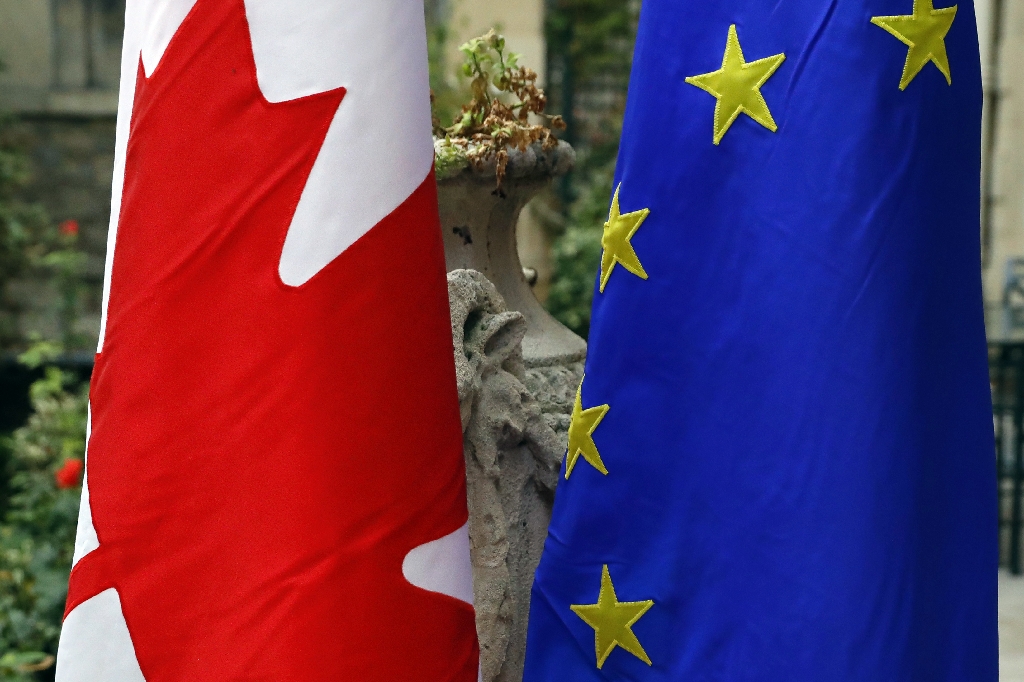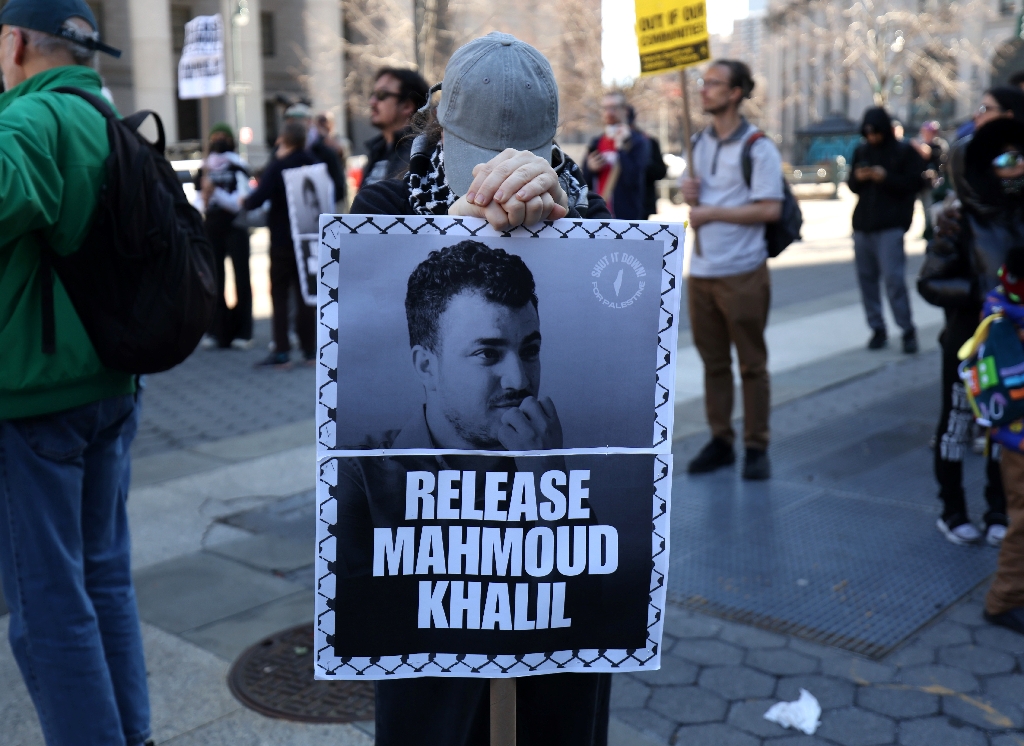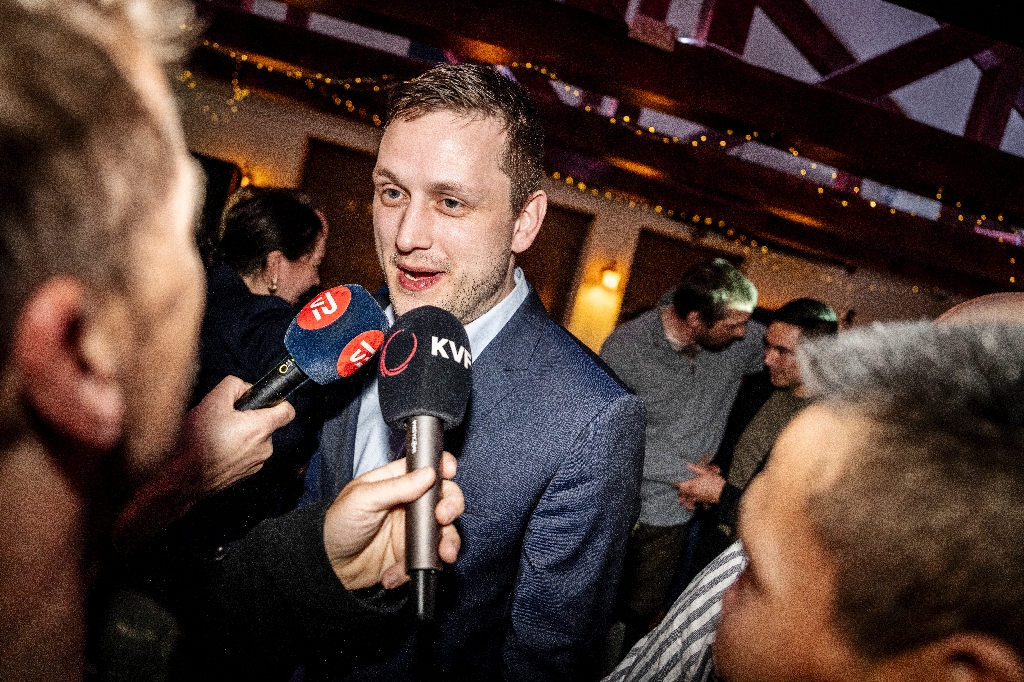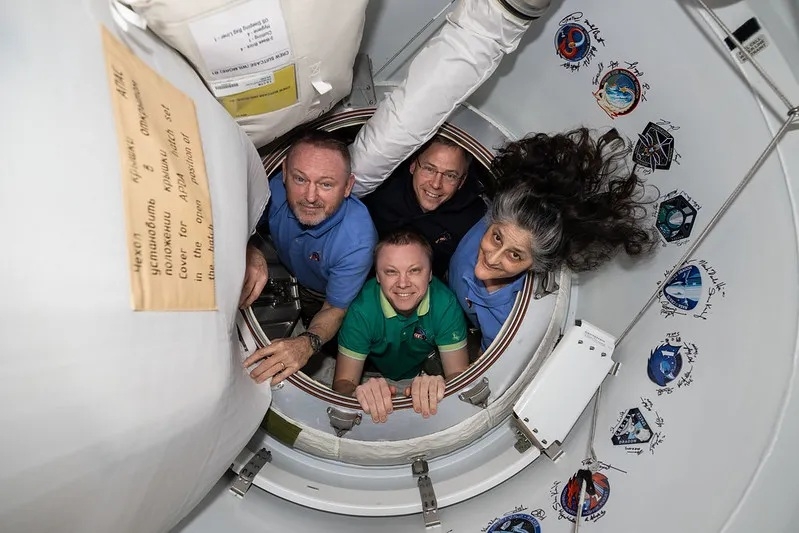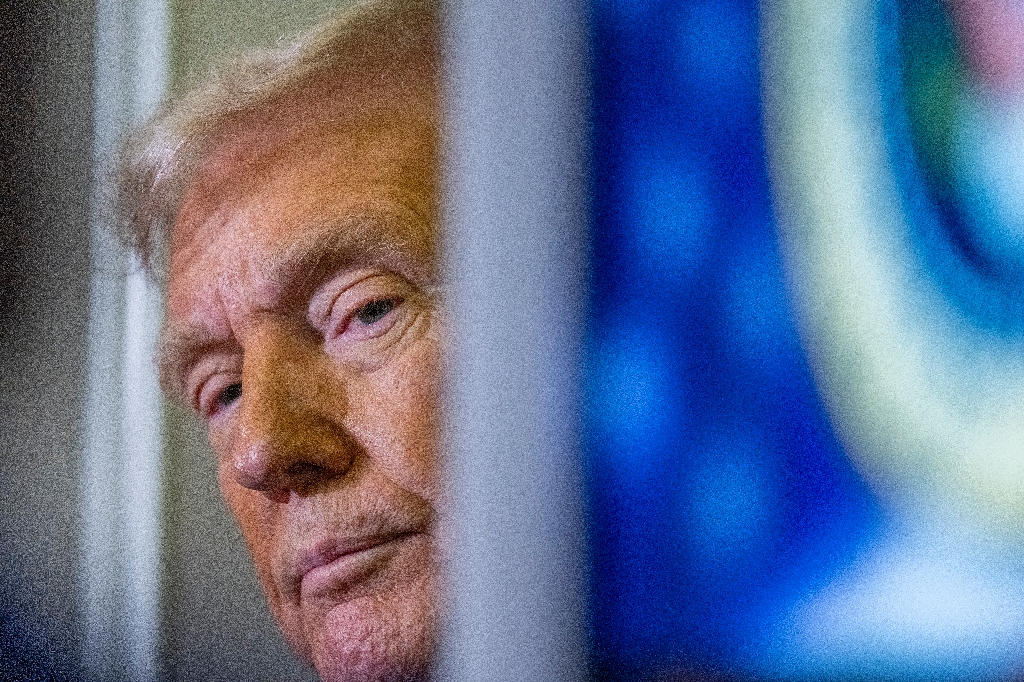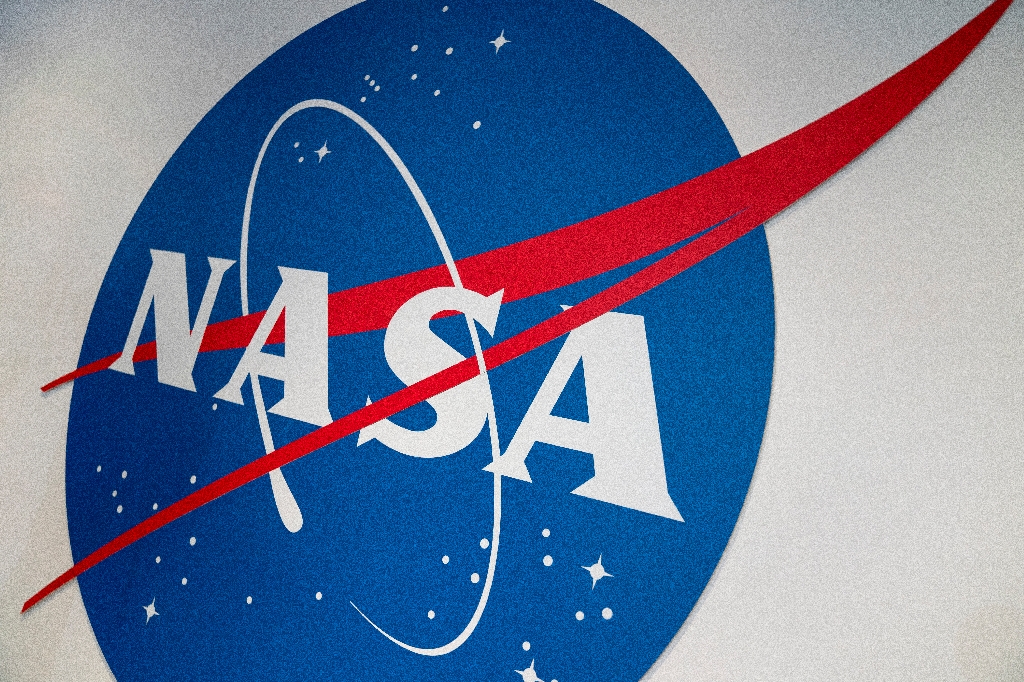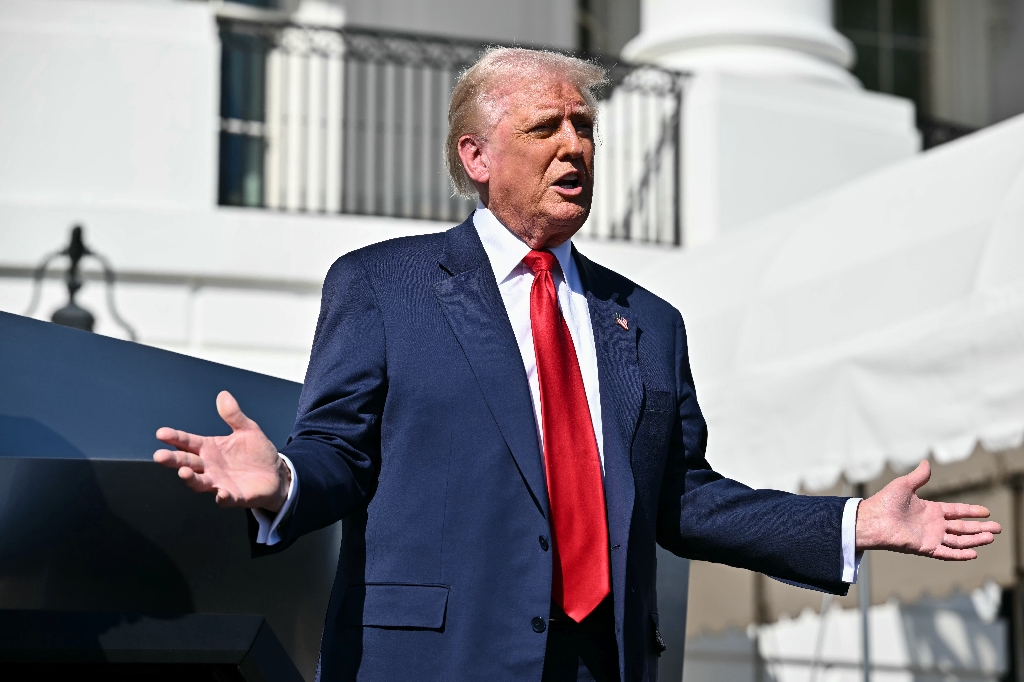(AFP) – Marco Rubio will make his first trip as US secretary of state to Central American nations including Panama, a spokeswoman said Thursday, after President Donald Trump threatened to seize the Panama Canal and clamped down hard on migration. Rubio, the first Hispanic and first fluent Spanish speaker in the top US diplomatic position, will be the first secretary of state to travel first to Latin America in more than two decades.
State Department spokeswoman Tammy Bruce said Rubio would travel starting late next week to Panama as well as Costa Rica, El Salvador, Guatemala, and the Dominican Republic. “It’s about making sure that if we’re going to be safe and prosperous and in good shape, we’ve got to have an interest in our neighbors — and in today’s world, it’s certainly South and Central America,” Bruce said.
“There’s a reason why this is the first trip. It signals how seriously he takes it,” she said. Bruce did not describe the details of any expected conversations on the Panama Canal. Trump in his inaugural address Monday vowed that the United States would be “taking it back.” Rubio in his confirmation hearing did not suggest military force but said the United States needed to address serious concerns about Chinese influence near the vital waterway between the Atlantic and Pacific Oceans.
Panama, which has long been friendly to the United States, complained to the United Nations over Trump’s threat. President Jose Raul Mulino, during a panel at the World Economic Forum in Davos, Switzerland, said that the canal “belongs to Panama and will continue to belong to Panama.”
– Enforcement against migration –
Jason Marczak, director of the Latin America Center at the Atlantic Council think tank, said while Mulino has to respond to his domestic audience, Panama has been tightly aligned with the United States on issues including Ukraine and Israel. Panama would likely welcome US efforts on the canal if that is in the form of ramping up US investment, he said.
“In a broader sense, there is an incredible opportunity for strengthening the US-Panama relationship,” Marczak said. He called the decision to travel first to Latin America “incredibly significant.” “These are all countries that want to work with the United States,” he said, adding that countries likely recognized that Trump’s language was part of a “broader negotiating tactic.”
Trump — who during his campaign said that immigrants were “poisoning the blood of our country” — has put a top priority on halting undocumented migration into the United States. The Central American nations of El Salvador, Guatemala, and Honduras — torn by endemic violence, poverty, and natural disasters exacerbated by climate change — have been among the top sources of migration, along with Venezuela and Haiti.
Trump’s predecessor Joe Biden vowed to look at the root causes of migration. Trump has quickly put an emphasis on enforcement, suspending a Biden program that gives asylum seekers a chance to make their case in an orderly way and threatening to use the military to help secure the US-Mexico border. The Trump team has been especially close to El Salvador’s president, Nayib Bukele, who has ruthlessly and lethally cracked down on crime. The president’s son Donald Trump Jr. attended Bukele’s second inauguration last year.
Rubio’s decision to visit Guatemala likely marks a continuation of US support for President Bernardo Arevalo, a once-obscure anti-corruption advocate who pulled off an upset election victory in 2023. The Biden administration hailed Arevalo’s victory and quickly moved to work with him as he pushed back against an entrenched elite that sought to stop him from taking office. Arevalo’s opponents sought an alliance with pro-Trump hardliners who refused to recognize Biden’s 2020 victory.
But Arevalo will likely find common cause with Rubio, a longtime China hawk, as Guatemala is the most populous country that recognizes Taiwan, the self-governing democracy claimed by Beijing.
– Shaun TANDON
© 2024 AFP

